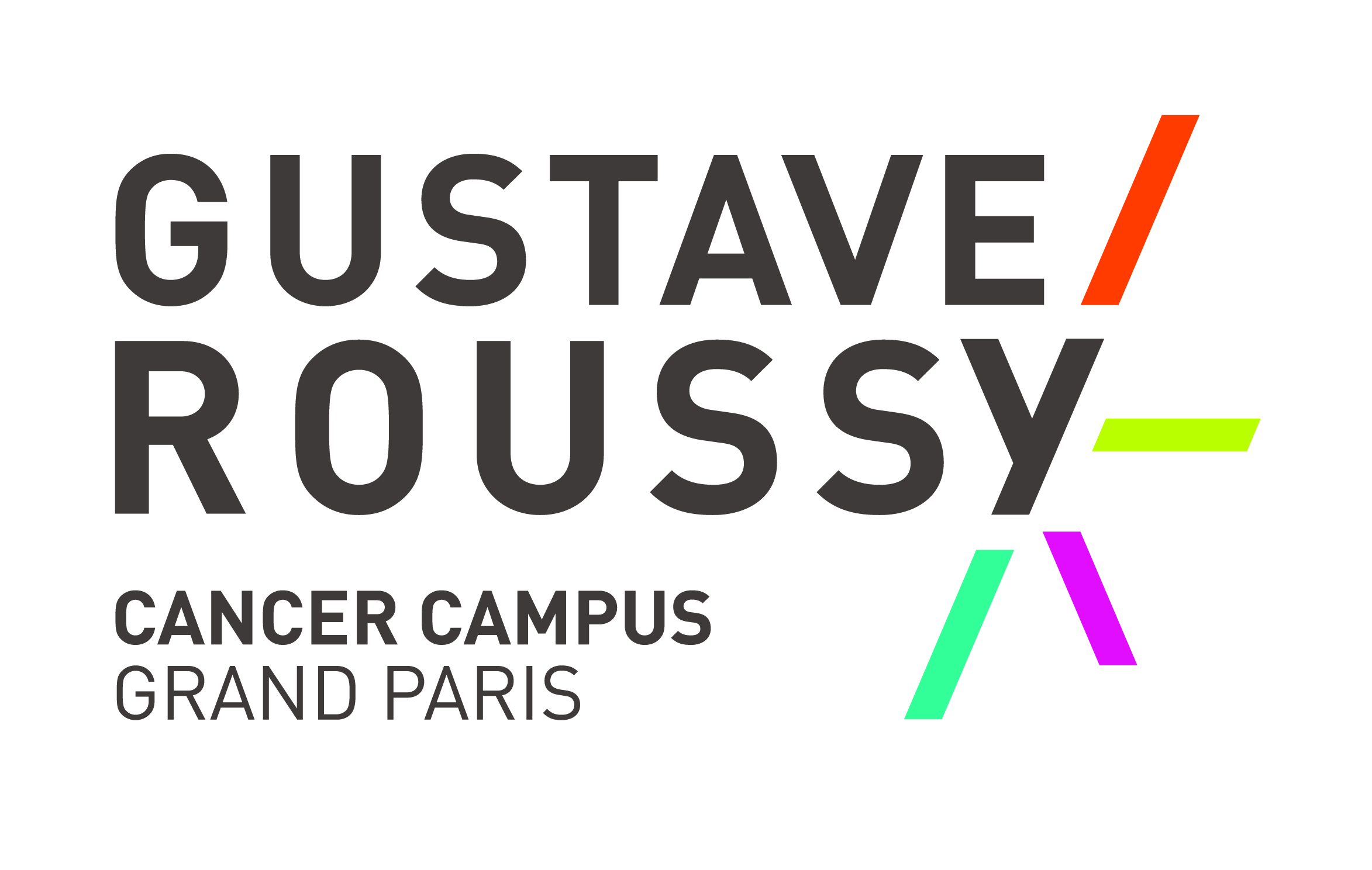Head and neck squamous cell carcinomas (HNSCC) – cancers linked to tobacco, alcohol, or human papillomavirus (HPV) – account for around 90% of all head and neck cancers. These malignancies arise in the mucous membranes of the mouth, pharynx or larynx. Even when operable, some of these tumours carry a high risk of recurrence after surgery. Two key high-risk factors have been identified: (1) when the tumour has spread beyond the membrane of the cervical lymph nodes; and (2) when complete microscopic resection could not be achieved.
The last major advance in the management of this disease – the addition of cisplatin-based chemotherapy to postoperative radiotherapy – dates back over 20 years. Yet relapse remains common, with nearly half of high-risk patients experiencing a recurrence. At this stage, therapeutic options are limited, underscoring the need for more effective treatments. Numerous trials have been conducted in recent years, including those involving EGFR inhibitors, but none have yielded sufficient evidence to change clinical practice or significantly improve outcomes.
It is in this context that the international phase III trial NIVOPOSTOP (GORTEC 2018-01) was launched to assess the addition of immunotherapy to the current standard treatment. GORTEC, the cooperative group behind the study, is dedicated to head and neck oncology and has extensive experience in conducting large-scale, innovative international phase III trials. Its work is based on robust, high-quality trial management and a strong multidisciplinary network of investigators and experts in head and neck cancers. GORTEC is currently chaired by Dr Yoann Pointreau, with Dr Yungan Tao serving as President-elect.
Improved Disease-Free Survival
The NIVOPOSTOP trial was conducted between 2018 and 2024 across six countries and enrolled 680 patients under the age of 75 who had undergone surgery for a locally advanced squamous cell carcinoma of the oral cavity, oropharynx, hypopharynx or larynx, and presented with at least one high-risk feature for recurrence.
Following surgery, patients were randomised into two groups: one received the standard treatment (radiotherapy plus three cycles of cisplatin), while the other also received immunotherapy with nivolumab. The immunotherapy was administered in 10 doses over eight months, starting two weeks before chemoradiotherapy, continuing during it, and then as a six-month maintenance phase.
The results, presented at the ASCO Congress, demonstrate that the addition of nivolumab significantly improves disease-free survival, reducing the risk of recurrence and/or death by 24%.
“After a median follow-up of over 30 months, the three-year disease-free survival rate increased from 52.5% with standard treatment to 63.1% with the addition of immunotherapy. This is the first major advance in this clinical setting in more than two decades,” says Dr Yungan Tao, last author of the NIVOPOSTOP study. The benefit was observed regardless of PD-L1 expression, a biomarker often used to predict immunotherapy response.
These findings mark a major step forward in the management of high-risk head and neck cancers. “Although overall survival data are not yet available, the addition of immunotherapy to the current standard of care is expected to become the new therapeutic standard for these patients,” Dr Tao concludes.
NIVOPOSTOP (GORTEC 2018-01): A phase III randomized trial of adjuvant nivolumab added to radio-chemotherapy in patients with resected head and neck squamous cell carcinoma at high risk of relapse.
Plenary session presented by Pr Jean Bourhis.
Sunday, 1 June 2025 | 13:37 UTC-5.

